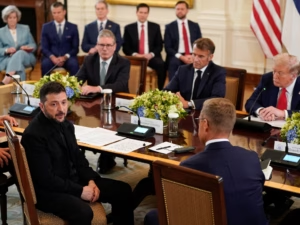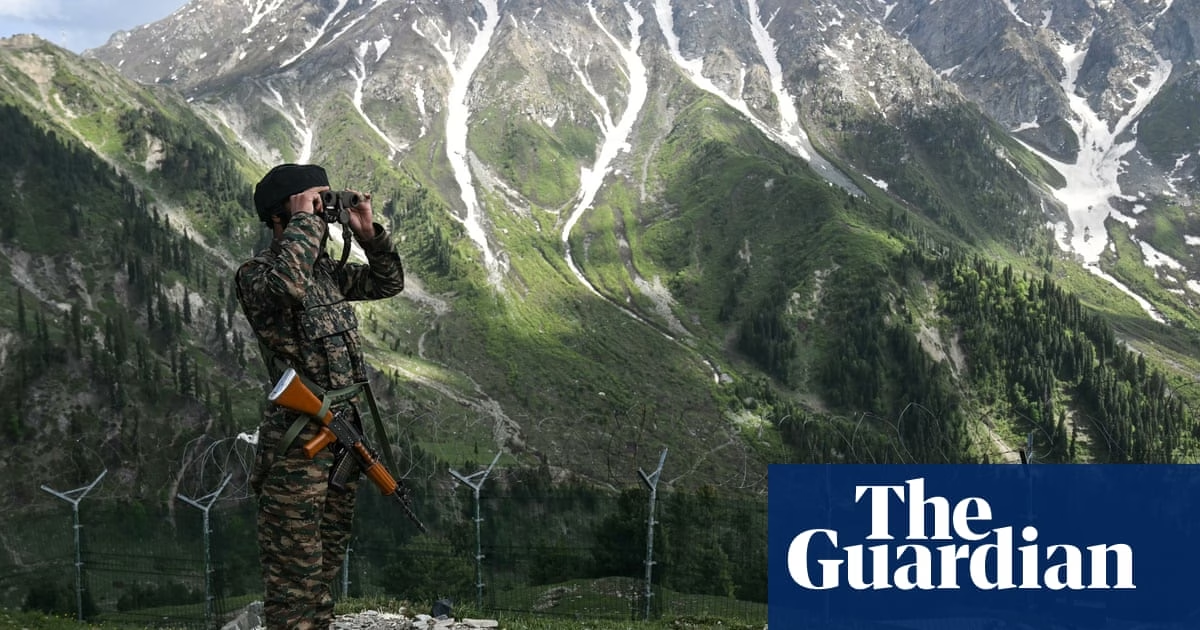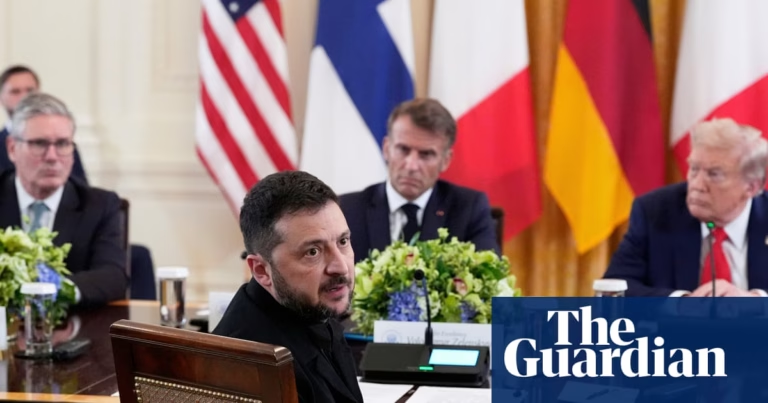Defying the odds, the fragile yet unbroken ceasefire between India and Pakistan following their near-war remains in place. However, questions persist after four days of cross-border drone and missile strikes, the most technologically advanced conflict either side has experienced.
Although both India and Pakistan claim victory in the aftermath, there are concerns among experts that a return to hostilities is almost inevitable.
The prevailing sentiment among analysts and diplomats is that India has not emerged from the conflict as successful as it had hoped, limiting the potential for further de-escalation or political engagement. India’s prime minister, Narendra Modi, emphasized that the military operation against Pakistani terror groups, codenamed Operation Sindhoor, was ongoing, and the ceasefire was merely a pause.
Pakistan’s army, having experienced a decline in reputation, has reemerged as the country’s most revered institution, benefiting from the altercation with India.
While India has achieved some tactical successes, such as targeting known militant bases and neutralizing Pakistani missiles, the strategic gains remain elusive. The armed conflict has not resulted in a decisive victory or a clear political outcome, reinforcing the concept of the “India-Pakistan hyphenation,” where the two countries are often seen as a singular entity on the international stage.
India’s government, criticized for its information control during the operation, failed to effectively counter Pakistan’s continuous briefings to the world. The lack of transparency contributed to the proliferation of misinformation and fueled an appetite for war among the Indian public.
When Donald Trump abruptly announced a ceasefire, it was met with betrayal and anger in India. Modi’s government’s initial refusal to address allegations of downed Indian planes and Trump’s involvement in the ceasefire strained relations further. India’s immovable stance on the Kashmir issue was disregarded by Trump’s offer to mediate between the two countries, which was met with silence from India.
The future remains uncertain, with the land border still closed, visa restrictions in place, and the Indus River treaty suspended by India. While there is talk of post-ceasefire discussions in the Gulf or London, including the possibility of addressing the Kashmir issue, New Delhi remains hesitant. Analysts believe that the current climate lacks the incentive for de-escalation and that conflict is inevitable, as both sides continue to “talk past each other.”









